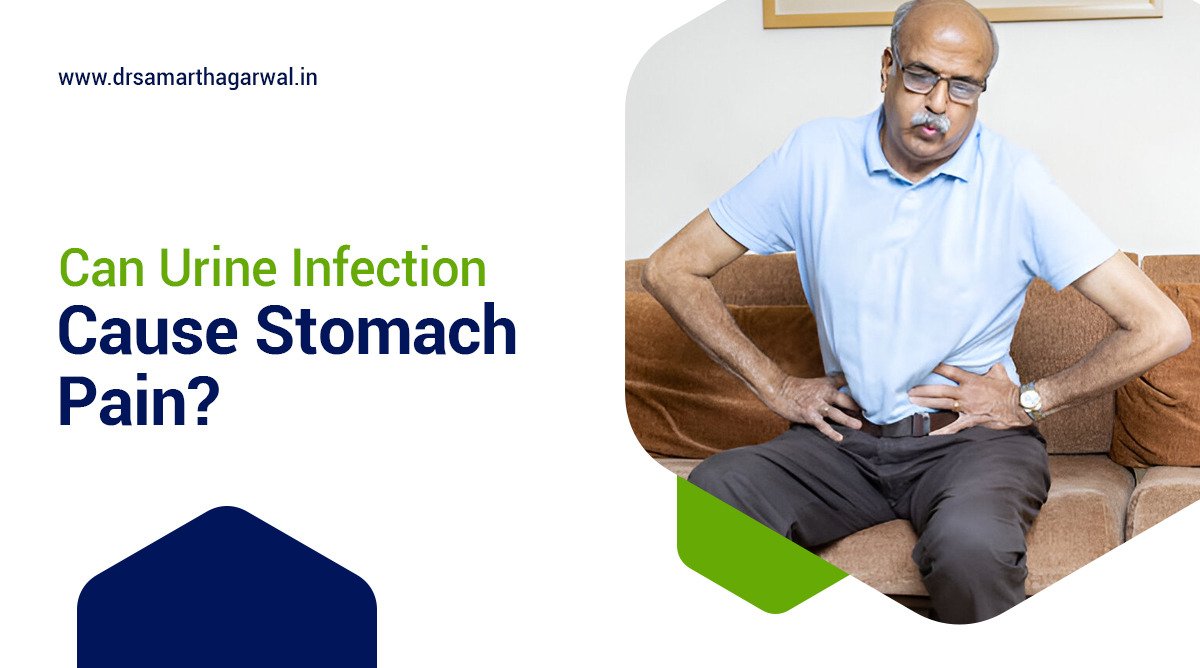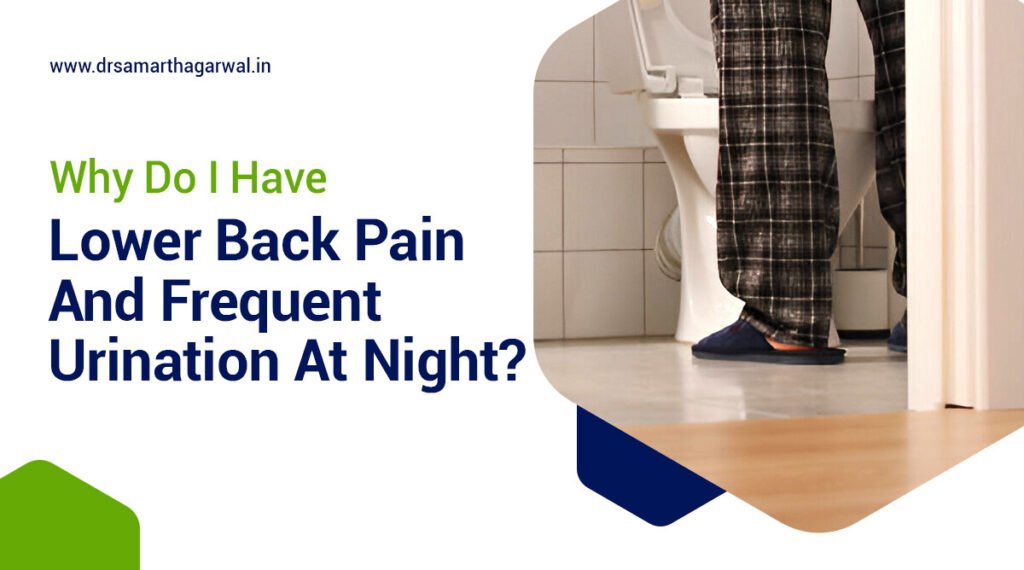Urinary tract infections (UTIs) are common bacterial infections that can indeed cause stomach pain, particularly in the lower abdominal region. These infections typically affect the bladder and urethra, but can sometimes spread to the kidneys, leading to more severe symptoms. Understanding the connection between UTIs and abdominal discomfort is crucial for proper diagnosis and treatment.
Can urinating cause abdominal pain?
Urinating can cause abdominal pain, especially in individuals suffering from a urinary tract infection or bladder infection. When bacteria enter the urinary system, they can irritate the bladder and urethra, leading to discomfort during urination and potential infection symptoms. This pain may radiate to the lower abdomen, causing a sensation of pressure or cramping. In some cases, the infection may spread to the kidneys, resulting in more intense abdominal pain and other serious symptoms.
According to Rosen, J. M., & Klumpp, D. J. (2014). Mechanisms of pain from urinary tract infection. International journal of urology : official journal of the Japanese Urological Association, Urinary tract infections (UTIs) can cause abdominal pain due to the response of the body to uropathogenic E. coli (UPEC). Unlike asymptomatic bacteriuria, UPEC induces transient pelvic pain. This pain response is linked to the bacterial lipopolysaccharide (LPS) and its interaction with the TLR4 receptor, rather than bladder inflammation. Repeated infections can lead to chronic pelvic pain, especially when certain bacterial components, like O-antigen, are absent. Chronic pain can persist even after the bacteria are cleared and is associated with voiding dysfunction and anxiety or depression. Overall, a UTI can trigger both acute and chronic pain, resembling symptoms of interstitial cystitis.
The abdominal pain associated with UTIs can vary in intensity and location. It may be felt as a dull ache or sharp, stabbing sensations in the lower belly. Additionally, frequent urination and a persistent urge to urinate are common symptoms that can exacerbate abdominal discomfort. If left untreated, the infection can spread and potentially lead to more severe complications, increasing the risk of kidney damage or sepsis, which may cause serious health concerns.
How do you get rid of a stomach ache from a urine infection?
To alleviate stomach aches caused by a urine infection, it’s essential to treat the underlying UTI. The most effective treatment for UTIs is typically a course of antibiotics prescribed by a healthcare provider. These medications help eliminate the bacterial infection and reduce symptoms, including abdominal pain. It’s crucial to complete the entire antibiotic course as prescribed to prevent the infection from recurring or becoming antibiotic-resistant.
In addition to antibiotics, there are several self-care measures that can help relieve stomach aches associated with UTIs. Drinking plenty of water helps flush out bacteria from the urinary system and dilutes urine, which can help prevent irritation. Applying a warm compress to the lower abdomen can also provide relief from pain and discomfort. Over-the-counter pain relievers, such as ibuprofen or acetaminophen, may be used to manage pain and reduce inflammation. However, it’s important to consult a healthcare provider before taking any medications.
What does stomach pain from UTI feel like?
Stomach pain from a UTI can manifest in various ways, depending on the severity and location of the infection. Typically, individuals experience a dull ache or pressure in the lower abdomen, which may intensify during urination. The pain can range from mild discomfort to sharp, stabbing sensations. In some cases, the abdominal pain may be accompanied by a feeling of fullness or bloating in the bladder area.
As the infection progresses, the abdominal pain may become more pronounced and constant. Some people describe it as a burning sensation or a feeling of heaviness in the lower belly. If the infection spreads to the kidneys, the pain may extend to the sides or lower back, indicating a possible kidney infection. It’s important to note that UTI symptoms can vary from person to person, and some individuals may experience more severe abdominal pain than others.
Do UTI cramps feel like period cramps?
UTI cramps can indeed feel similar to period cramps, which can sometimes lead to confusion in distinguishing between the two. Both types of cramps typically occur in the lower abdominal area and can cause discomfort or pain. However, there are some key differences to consider. UTI cramps are often accompanied by other urinary symptoms, such as frequent urination, burning sensation during urination, and cloudy or strong-smelling urine.
Unlike period cramps, which usually follow a predictable pattern and timing related to the menstrual cycle, UTI cramps can occur at any time and may persist until the infection is treated. Additionally, UTI cramps may be more focused in the bladder area, while period cramps tend to be more diffuse across the lower abdomen. It’s important to pay attention to other accompanying symptoms and consult a healthcare provider if there’s uncertainty about the cause of the cramps, as they may cause further complications.
What is the cause of abdominal pain after urinating?
Abdominal pain after urinating can have several causes, with urinary tract infections being one of the most common. In the case of a UTI, the pain is typically due to inflammation and irritation of the bladder and urethra caused by bacterial infection. As urine passes through the infected urinary system, it can trigger pain and discomfort that may persist even after urination is complete.
Other potential causes of abdominal pain after urinating include interstitial cystitis, bladder stones, or prostate problems in men, so it’s advisable to see a doctor. In some cases, the pain may be related to underlying conditions such as pelvic inflammatory disease or endometriosis, which may cause similar symptoms. If the abdominal pain after urinating is severe, persistent, or accompanied by other concerning symptoms, it’s crucial to seek medical attention for proper diagnosis and treatment.

Contact Dr. Samarth Agarwal if you feel any discomfort while urinating or feel any abdominal pain!





